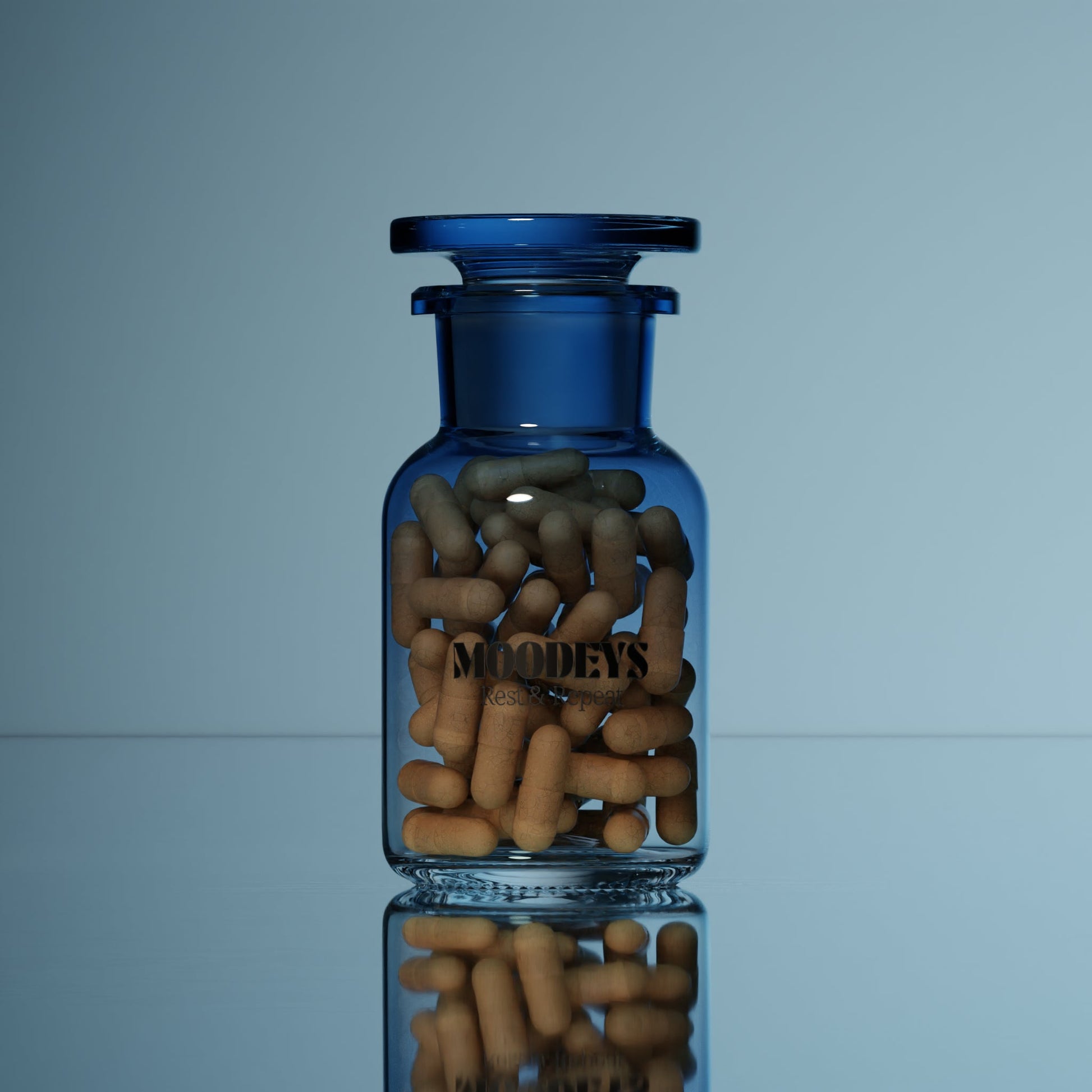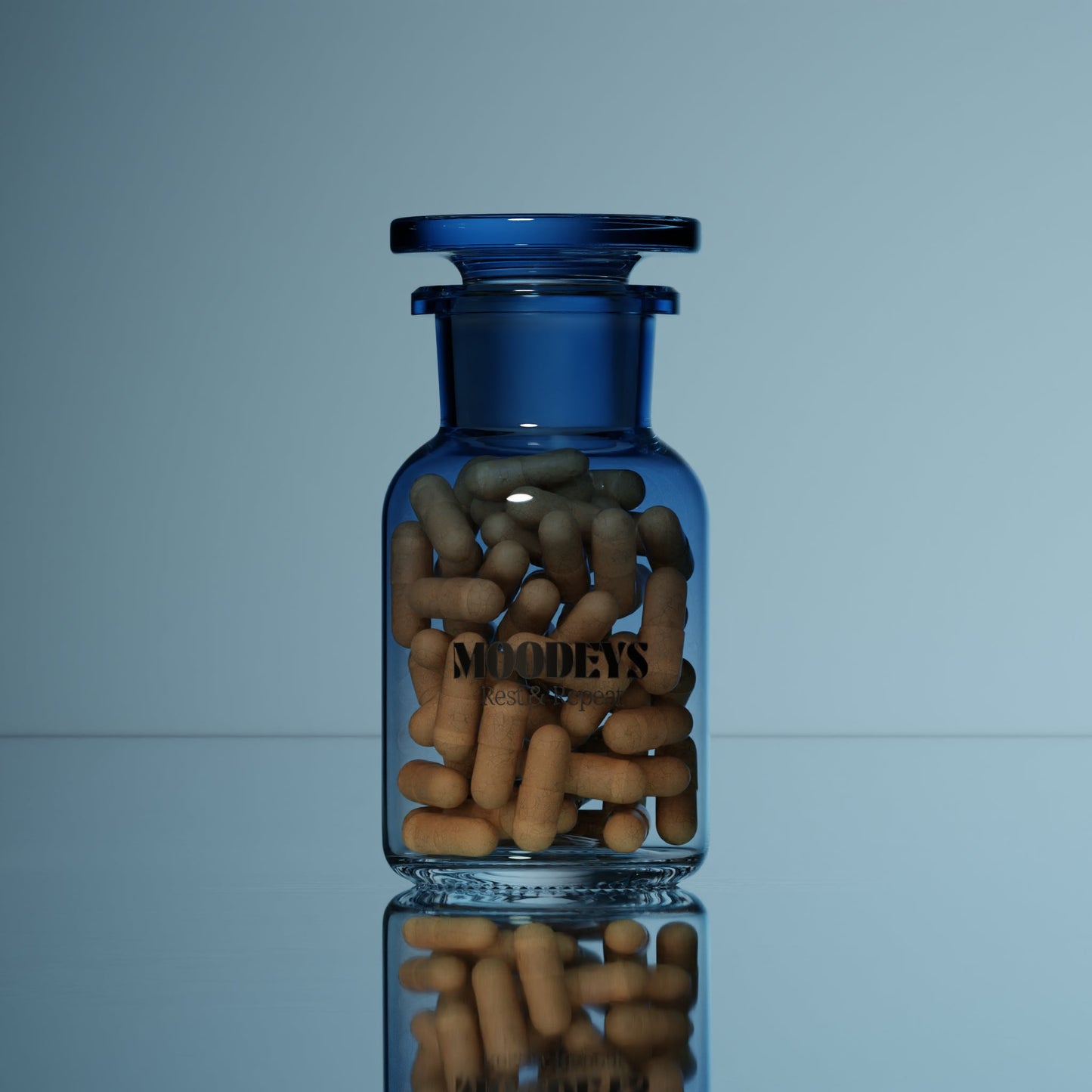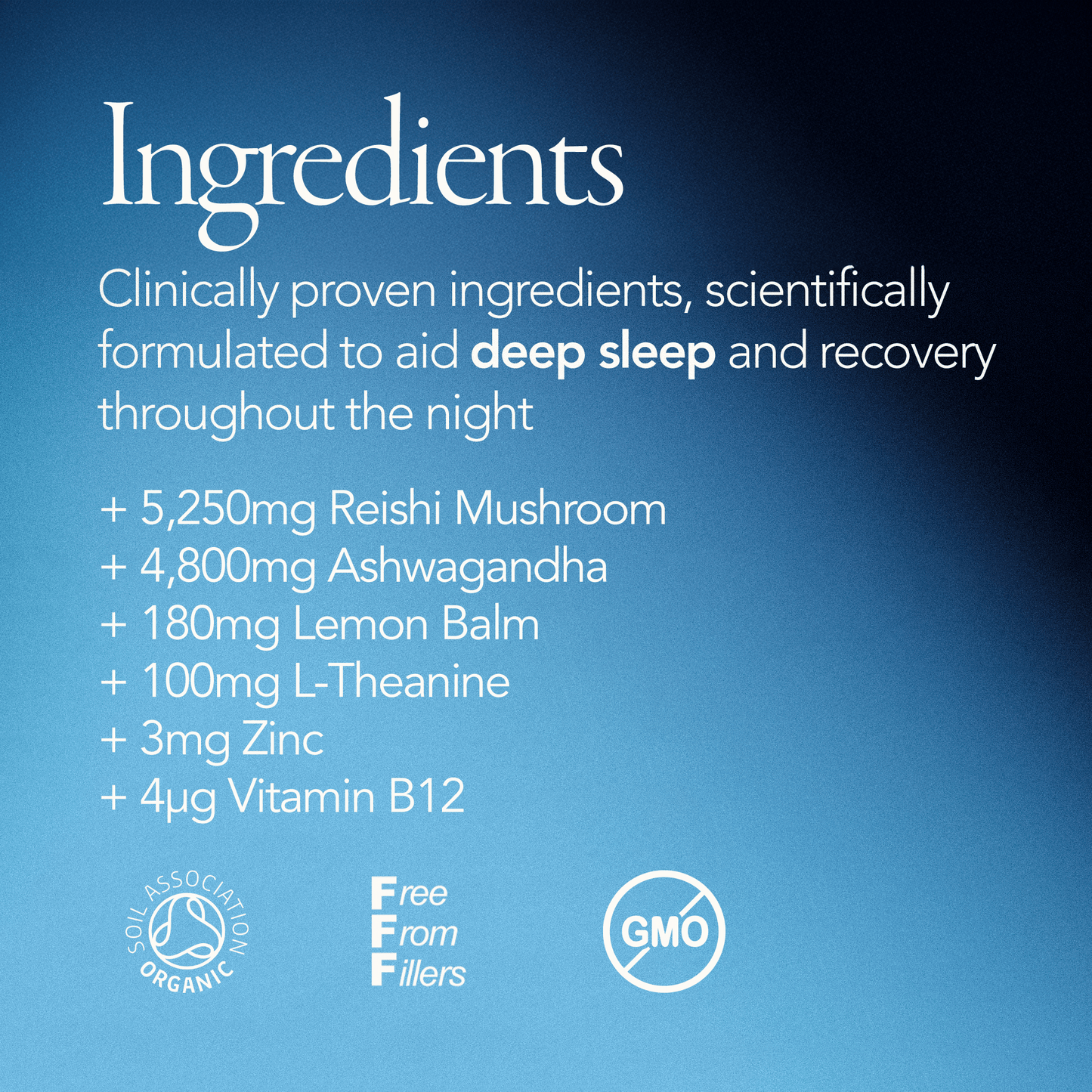
What are Chaga Mushrooms- Origin, Health Benefits, and Uses
Chaga was used in the 12th century in Eastern Europe, perhaps the earliest dates back 5,300 years ago when Otzi the Iceman, a preserved mummy, was found in the Alps in 1991 carrying chaga in his pouch. Russian and Northern Europe have used chaga since the 16th century. In fact, the word “chaga” is derived from the Russian word “mushroom.”
Understanding Chaga Mushrooms
Chaga requires cold temperatures to grow. They protrude on the trunk birch trees; bulbous, black and more reminiscent of charcoal than fungi. Inside they have a bright orange colour that has a cork like texture.
Historically known as the “king of medicinal mushrooms,” today, chaga is known for its antioxidant and nutritional properties. In fact chaga has 3 times more antioxidants than acai berries.
Health Benefits of Chaga Mushrooms
Chaga mushroom has many health benefits. From a high level, chaga helps:
- Boost immune system
- Reduce inflammation
- Antiviral properties
- Increase antioxidants
- Improve physical endurance
- Lower blood sugar & cholesterol
- Protect against cancer
- Support skin health
-
Immune System Support
Since chaga is rich in antioxidants and nutrients, it is known for its immune boosting properties. That is because of their beta-D-glucans, naturally occurring polysaccharides aiding the immune system. Remarkably, Chaga has the ability to regulate the immune system, enhancing its performance whether it's underactive or overly active.
-
Anti-inflammatory Effects
Chaga contains plenty of B-complex vitamins, vitamin D, and a variety of minerals such as potassium, zinc, iron, calcium, and magnesium. It’s no wonder chaga would have anti-inflammatory effects. Animal studies have demonstrated that Chaga may inhibit inflammation, potentially playing a significant role in mitigating some of the deadliest diseases in humans.
-
Antioxidant Boosting
Chaga has a high ORAC score ( a measure of antioxidant potency), which means 1 gram of Chaga equals 4 pounds of blueberries’ antioxidant levels. The higher a food's ORAC (oxygen radical absorbance capacity) score, the more effectively it can help the body combat the damaging effects of free radicals and oxidative stress.
-
Support for Skin Health
Chaga's use in improving skin health through its antioxidant and anti-inflammatory effects. Chaga stands out as the richest natural source of superoxide dismutase (SOD) and melanin, alongside high concentrations of betulonic acid. SOD, the body's most potent antioxidant enzyme, plays a vital role in maintaining cellular health and acts as the primary defence against free radicals, which accelerate ageing. Melanin, the pigment responsible for the colour of your skin, hair, and eyes, also protects your skin from UV damage. Betulonic acid aids in skin rejuvenation by promoting cell regeneration and boosting the production of collagen and elastin. These proteins are essential for the structural integrity and elasticity of your skin’s connective tissues.
How to use Chaga in your everyday routine?
Supplements
Not all supplements are created equal. To ensure the effectiveness and safety of chaga mushroom, it's essential to buy from a reputable source. Quality varies among chaga products, so it's crucial to choose those from a provider that prioritises organic growth, sustainable harvesting, meticulous extraction, and thorough testing for quality and potential contaminants, including heavy metals, pesticides, microbial contamination, and gluten. Be cautious of chaga supplements that include ingredients such as “mycelium on grain” or similar fillers, as these are best avoided. At Moodeys, Happy Hour was specifically designed with this criteria in mind.
Why Moodeys?
Live well, the natural way. Moodeys started from a simple wish for something better – a better world, better health, and happier people.Now that you know the benefits of Reishi, take advantage of the benefits of mushrooms. Shop Rest & Repeat or Subscribe and save.

Rest & Repeat



